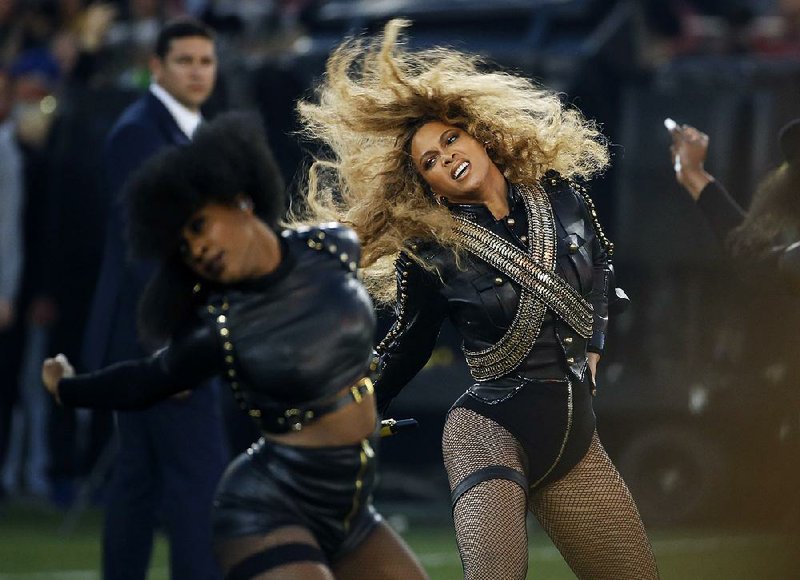Vacation rental site Airbnb got a mention on Beyonce's Facebook status the day after she appeared in the Super Bowl halftime show.
"It was a Super weekend Airbnb," the Facebook mention said, tagging the tech company alongside a picture of her presumably enjoying what TMZ reported to be a $10,000-a-night rental in Los Altos Hills, Calif.
Companies will shell out big bucks to get celebrities to hawk their products online -- and an endorsement from singer Beyonce to the more than 64 million fans who "Like" her on Facebook would be a bargain at almost any price.
Neither Beyonce nor Airbnb responded to inquiries asking if she was compensated for the post. And if she was paid for the mention, or got something like a free rental in exchange, it may put Beyonce and Airbnb on the wrong side of the Federal Trade Commission.
The agency is responsible for cracking down on deceptive advertising -- and part of that is ensuring that consumers know when someone is getting paid to promote a brand or product, including on social media.
Mary Engle, the FTC's associate director for advertising practices, couldn't comment on the possible situation with Beyonce and Airbnb. But generally speaking, she said, if someone is being compensated or paid for social media posts, that should be disclosed -- even if it's with something as simple as including a #ad or #sponsored in the post.
"The overall idea is that the readers or viewers should be able to tell from the context of the communication if it is part of a promotion or advertising campaign," Engle explained. There are some cases, like television commercials, where it may be obvious that celebrities are getting paid for endorsements. But social media, she said, "tends to be more ambiguous" and that means it's all the more important to have clear disclosures.
There a little bit of a gray area in there: If a celebrity is a well-known spokesman for a particular brand, it may be more reasonable to assume consumers know online posts about that brand are part of that paid role.
Still, overall, the FTC recommends disclosure because it can be hard to pin down if a significant proportion of a celebrity's fans or followers know about the relationship between an endorser and an advertiser.
The agency has cracked down on similar activity in the past: In 2015, the FTC settled charges with an online entertainment network it alleged had paid "influencers" thousands of dollars to produce YouTube videos as part of a campaign promoting Microsoft's Xbox One console, but failed to ensure the videos disclosed their sponsored nature.
Typically, the advertiser may ultimately bear "primary responsibility" for deceptive advertisements, but FTC investigations can scrutinize PR firm intermediaries and the actual endorser as well, Engle said.
So if Beyonce was paid to plug Airbnb on Facebook and the FTC decided to take action, the company would probably take most of the heat -- but the singer may also get singed.
Business on 02/11/2016

